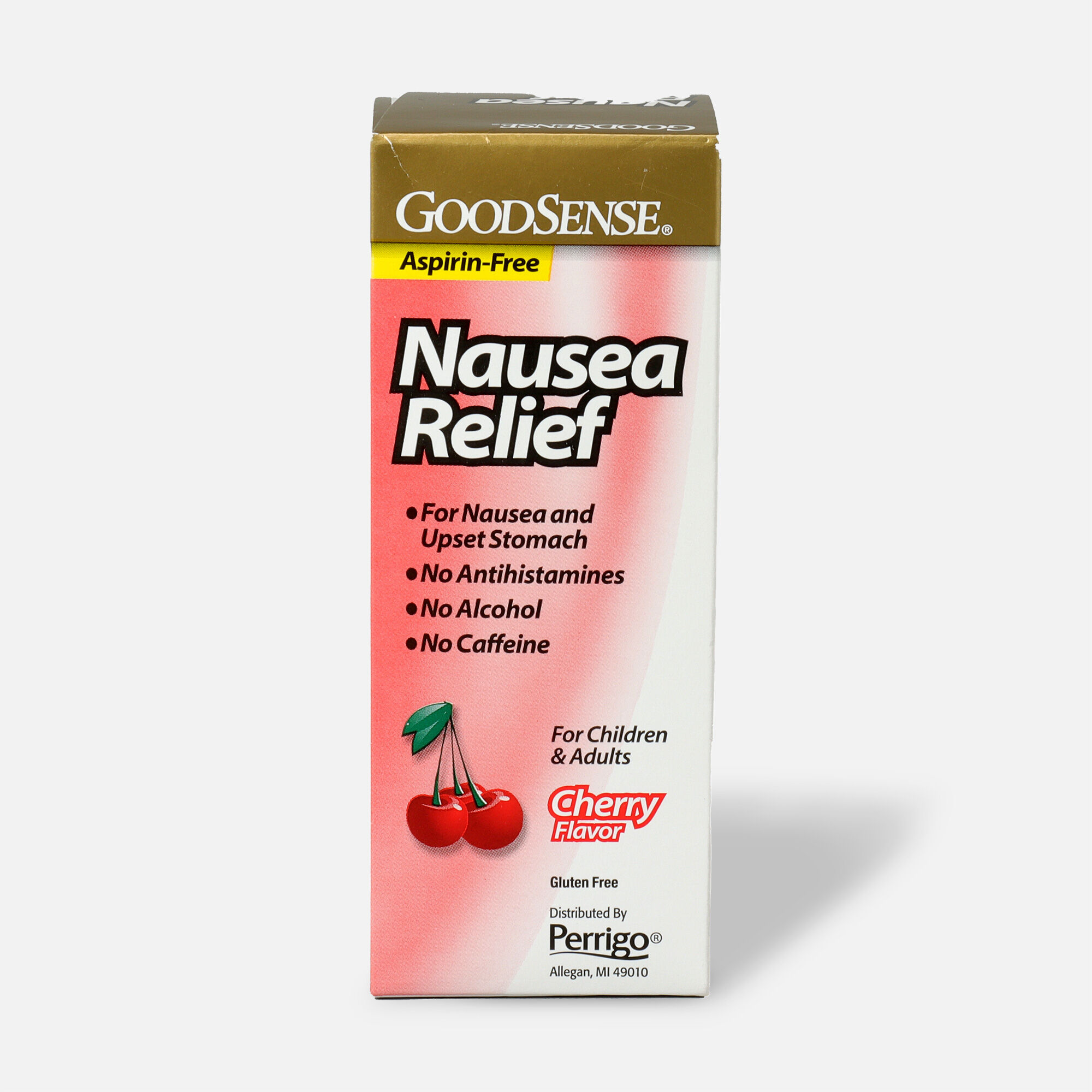
These could include dry mouth and drowsiness. Some prescription medicines have side effects similar to the side effects of antihistamines. If you use more than 1 of these medicines, you may get more antihistamine than you intend. Many OTC cold and allergy medicines contain antihistamines. Talk to your doctor before taking an antihistamine if you take sleeping pills, sedatives, or muscle relaxants.

You may get too much salicylate if you take more than 1 of these medicines at a time. These medicines may contain aspirin, which is a salicylate. Ask your doctor before taking bismuth subsalicylate if you also take:Īsk your doctor before taking bismuth subsalicylate if you take pain relievers or cold medicines. It also may cause side effects if combined with other medicines. Breathing problems, such as asthma, emphysema, or chronic bronchitisĬan OTC antiemetic medicines cause problems with any other medicines I take?īismuth subsalicylate may affect how well some medicines work.Trouble urinating (from an enlarged prostate gland).This is a serious illness that can lead to death.īefore taking an antihistamine, talk to your doctor if you have any of the following problems: This increases their risk for Reye syndrome. Don’t give it to children or teenagers who may have the flu or chickenpox. Don’t give bismuth subsalicylate to children 12 years of age or younger. They shouldn’t take bismuth subsalicylate. Some people are allergic to aspirin or other salicylate medicines. Who shouldn’t take OTC antiemetic medicines? They may also cause your mouth and eyes to feel dry. Alcohol can increase the drowsiness caused by antihistamines. This can affect your ability to drive or operate machines. The most common side effects of bismuth subsalicylate are:Īntihistamines may make you feel sleepy. Side effects can be a concern for older adults or people who have health problems. Healthy adults usually don’t experience side effects from antiemetic medicines. Don’t store medicines in bathrooms or bathroom cabinets.

This will help prevent them from becoming less effective. Store all medicines up and away, out of reach and sight of young children. How can I safely store OTC antiemetic medicines? These could add up to be too much medicine. They may have similar active ingredients.

Take only the amount recommended on the medicine’s label.If you are pregnant, do not take any OTC antiemetic medicines without first contacting your doctor.įollow these tips to make sure you are taking the right amount of medicine: If you need to go to the doctor, take this list with you. Keep a record of which OTC medicines you’re using and when you take them. If you have any questions, call your family doctor. This will tell you how much medicine to take and how often to take it. How do I safely take OTC antiemetic medicines?īefore you take an OTC antiemetic medicine, read the directions on the drug facts label. This is why they work best if you take them before you start feeling motion sickness. They block messages to the part of the brain that controls nausea and vomiting. Path to improved health How do antiemetic medicines work?īismuth subsalicylate works by protecting the stomach lining.Īntihistamines appear to dull the inner ear’s ability to sense motion.


 0 kommentar(er)
0 kommentar(er)
